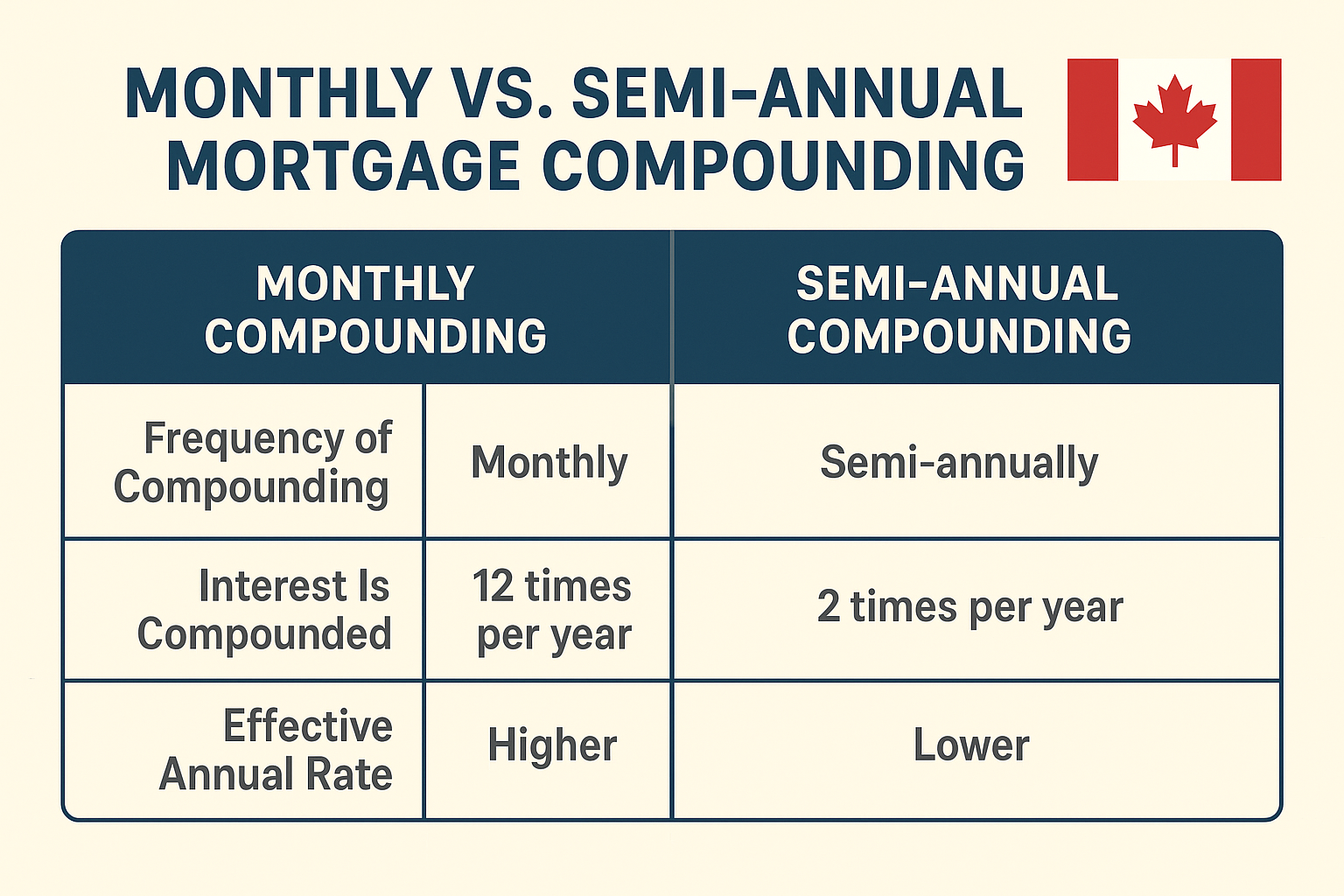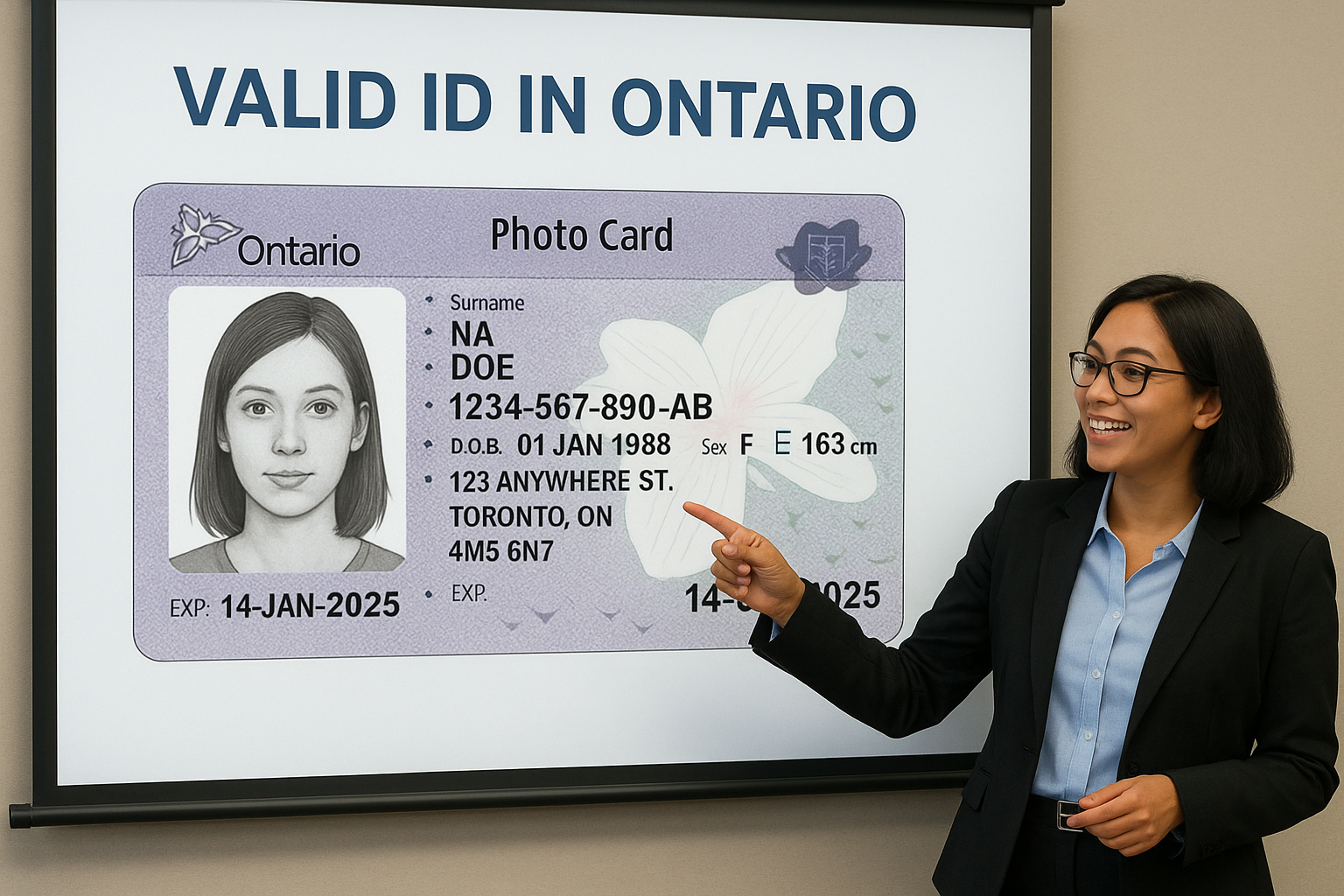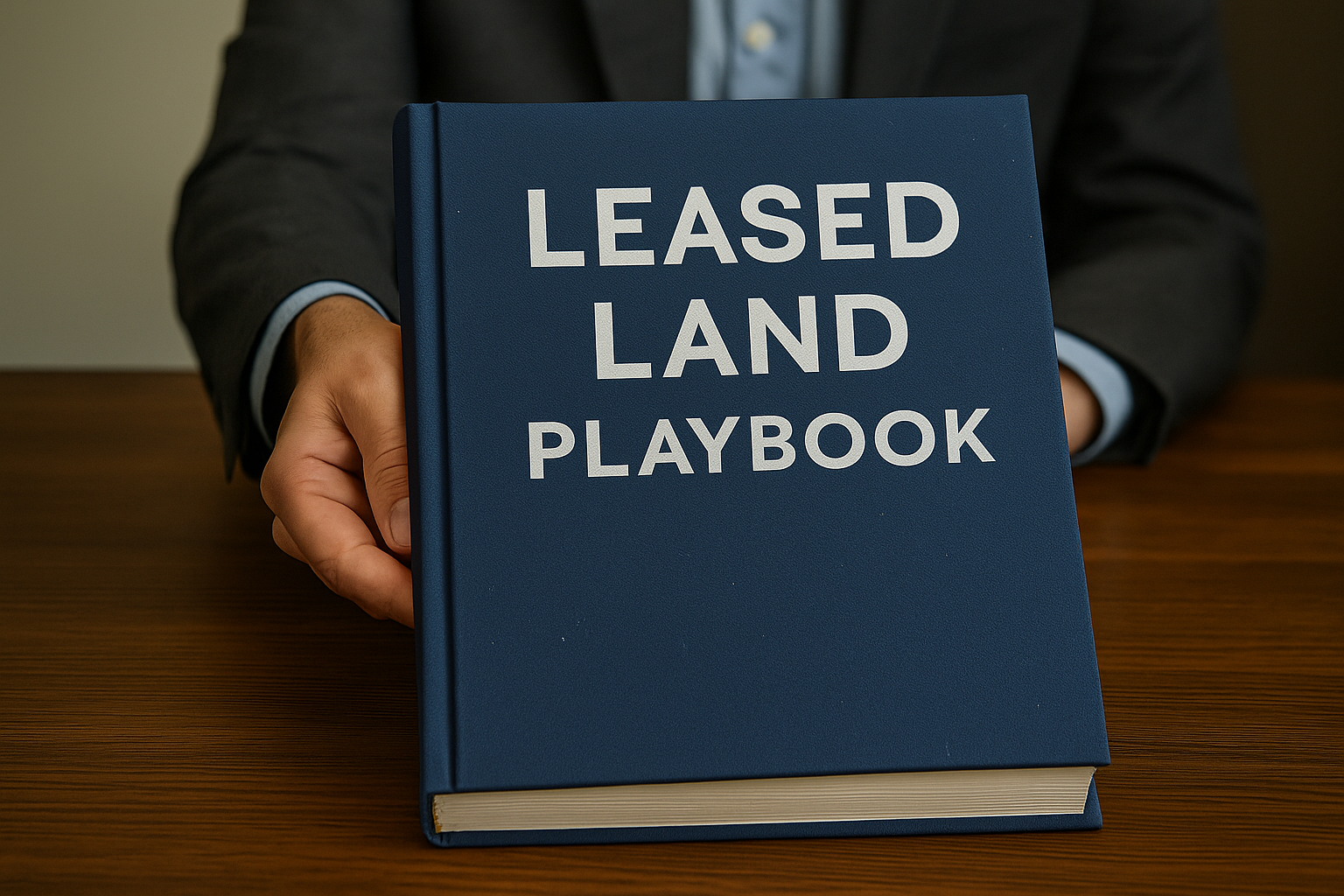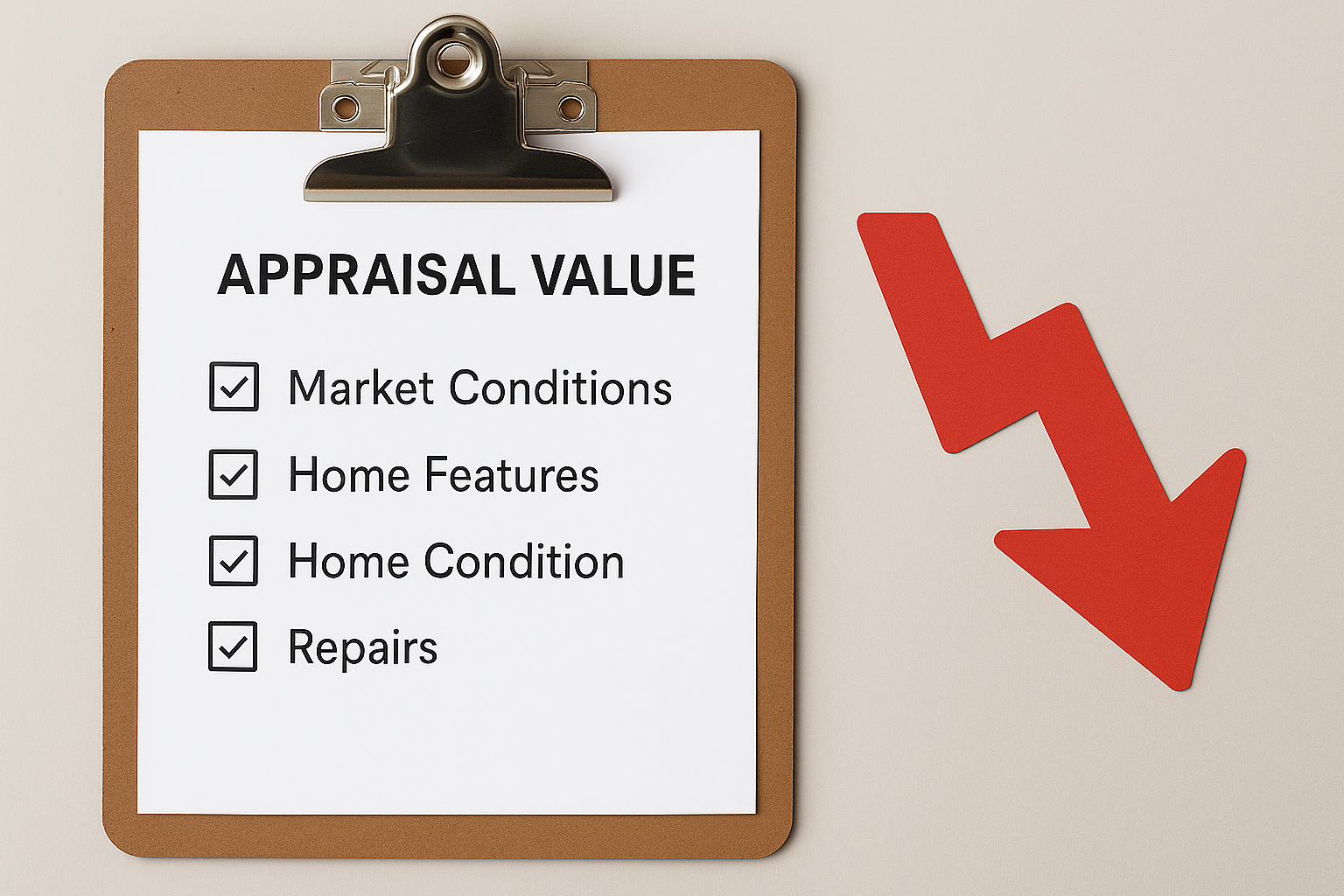Foreclosure is a stressful and overwhelming experience for homeowners. If you’re facing foreclosure or have already gone through it, you may be wondering: Do you get any money if your house is foreclosed? The answer depends on multiple factors, including the sale price of the home, outstanding debts, and legal fees.
This guide explains how foreclosure sales work, who gets the money, and whether you could receive surplus funds. If you’re struggling with mortgage payments, understanding your options before foreclosure is crucial.
Table of Contents
Toggle1. Understanding Foreclosure Sales
What Happens When a Home Is Foreclosed?
When a homeowner fails to make mortgage payments, the lender may take legal action to recover the debt. The two most common foreclosure processes in Canada are:
- Power of Sale: The lender sells the property with little court involvement.
- Judicial Foreclosure: A court process that allows the lender to take ownership of the home.
In both cases, the lender’s goal is to sell the home and recover the outstanding mortgage balance.
Where Does the Money Go?
When the lender sells a foreclosed home, the sale proceeds are used to cover:
- Mortgage balance – The lender’s primary debt.
- Legal fees – Costs associated with the foreclosure process.
- Outstanding property taxes – Any unpaid taxes owed to the government.
- Secondary loans and liens – If applicable, second mortgages or liens on the property.
If the sale price covers these debts and there is money left over, it becomes surplus funds, which may go to the former homeowner.
2. Who Gets the Money from a Foreclosure Sale?
1. The Mortgage Lender
The lender is the first to be repaid from the sale proceeds. If the property sells for less than the mortgage amount, the homeowner may still owe money. This is called a deficiency balance.
2. Legal and Administrative Fees
Foreclosure comes with legal and administrative costs, such as:
- Lawyer fees
- Court fees (if applicable)
- Real estate agent commissions
These are deducted before any money is returned to the homeowner.
3. Unpaid Property Taxes and Liens
The government and other lienholders must be paid before a homeowner can claim any surplus funds.
4. Homeowner (Only If There’s Surplus Money)
If the home sells for more than what is owed, the remaining funds belong to the homeowner. However, homeowners must actively claim these funds— they are not automatically given back.
3. Can You Receive Any Money After Foreclosure?
How Surplus Funds Work
Surplus funds occur when the foreclosure sale price is higher than the debts and fees owed. If this happens, you may be entitled to the leftover money.
For example:
- Home sells for $500,000
- Mortgage balance: $400,000
- Legal fees and property taxes: $30,000
- Second mortgage: $40,000
- Surplus funds: $30,000 (which may go to the homeowner)
How to Claim Surplus Funds
- Contact the lender or foreclosure trustee to check if surplus funds exist.
- Verify with the court system if funds are available.
- Submit a claim within the legal time frame (varies by province).
- Provide documentation proving homeownership and mortgage discharge.
If no claim is made, the funds may eventually go to the government or be absorbed by administrative costs.
4. The Risk of Deficiency Judgments
If the foreclosure sale does not cover the full mortgage debt, the homeowner may still owe money to the lender. This is known as a deficiency balance.
Can Lenders Sue for the Remaining Debt?
- In some provinces (like Ontario), lenders can pursue a deficiency judgment.
- In Alberta and British Columbia, lenders often cannot sue for mortgage shortfalls if the mortgage is insured.
Example:
- Home sells for $450,000
- Mortgage balance: $500,000
- Shortfall: $50,000 (This may become a legal debt the homeowner still owes.)
Lenders may take legal action, garnish wages, or send the debt to collections.
5. How to Avoid Losing Your Home and Equity
If you are struggling with mortgage payments, you may have options to prevent foreclosure and protect your home equity.
1. Sell the Home Before Foreclosure
- Selling your home before foreclosure lets you control the price and keep any remaining equity.
- A real estate agent or quick-sale service may help if time is limited.
2. Refinance to Pay Off Missed Payments
- A home equity loan or second mortgage could help pay off overdue amounts.
- Private lenders often offer flexible refinancing solutions for homeowners with bad credit.
3. Negotiate a Loan Modification
- Some lenders may allow you to extend your mortgage term or adjust payments.
- Government relief programs may help if financial hardship is temporary.
4. Consider a Home Equity Loan
- A home equity line of credit (HELOC) lets you borrow against your home’s value.
- This option helps prevent foreclosure by paying off arrears.
6. What to Do If Your Home Has Been Foreclosed
If your home has already been foreclosed, check whether surplus funds exist and take action:
1. Verify Sale Results
- Request foreclosure sale details from the lender or court.
- Determine if surplus funds are available.
2. Claim Surplus Funds Quickly
- Each province has different claim deadlines.
- If funds are unclaimed, they may be forfeited.
3. Seek Financial Advice
- A mortgage professional can help explore future options.
- Consider strategies to rebuild credit after foreclosure.
FAQ Section
1. Do I automatically get money if my house is foreclosed?
No, only if there are surplus funds after all debts and fees are paid.
2. How can I find out if there are surplus funds from my foreclosure?
Check with your lender, foreclosure trustee, or provincial court records.
3. What happens if my house sells for more than I owe?
The excess funds may go to you, but you must file a claim.
4. Can I stop the foreclosure process to sell my home instead?
Yes, selling before foreclosure allows you to pay off debts and keep any remaining money.
5. How can I prevent a deficiency judgment?
Try negotiating with your lender, selling your home, or seeking legal advice.
6. Do I have any rights after foreclosure?
Yes, you may have a right to surplus funds, but you must claim them within the deadline.
Conclusion
Foreclosure can result in financial loss, but homeowners may be entitled to surplus funds if their home sells for more than they owe. Acting quickly is essential—whether that means claiming surplus funds, selling the home before foreclosure, or refinancing to prevent home loss.
If you’re facing foreclosure, explore your options now to protect your finances. At LendToday our specialists can help you navigate your way through being foreclosed on by your mortgage lender to better understand your options.
Foreclosed On? Chat with a Specialist
- Mortgage Payments Compounded: The Truth About Payments in Canada - July 10, 2025
- Leased Land Mortgages in Ontario: How to Qualify and What to Expect - June 30, 2025
- Hard Money Mortgage Lending in Canada: A Homeowner’s Guide - June 9, 2025






